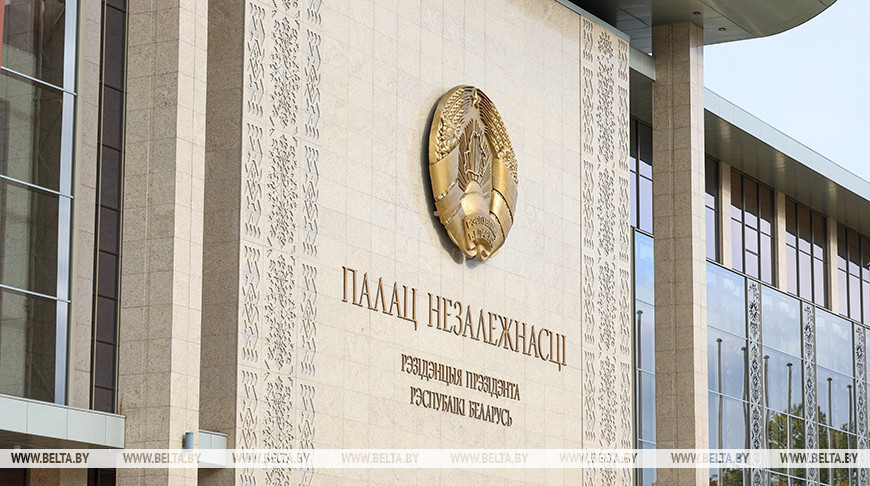
MINSK, 28 October (BelTA) - Belarusian President Aleksandr Lukashenko signed Decree No. 381 on 27 October, forming the panel of judges for the Appellate Economic Court, BelTA learned from the press service of the Belarusian head of state.
The duties of the court's chairman have been assigned to Yuri Kobets, Deputy Chairman of the Supreme Court. In total, the Appellate Economic Court will consist of 27 judges, including the chairman and his deputies.
The establishment of the Appellate Economic Court marks the final stage of the judicial reform in Belarus. This creates a full-fledged three-tier system of courts for the country's economic justice system.
The new judicial body will begin hearing cases on 1 January 2026. All necessary organizational and staffing measures are planned to be completed before that time.
As BelTA previously reported, the decision to form the Appellate Economic Court was made by the head of state to implement the provisions of the Civil Procedure Code, which provides for the creation of a three-tier system of economic courts.
This structural change will be achieved by separating the functions of the first instance and appellate courts, which currently operate within a single court. This will be an important step towards improving the efficiency of administering justice in economic cases.
The regional economic courts and the Minsk City Economic Court will serve as courts of first instance. The Appellate Economic Court will serve as the second, appellate, instance.
The court is planned to be formed from the existing number of judges and staff of other courts. In total, it will employ 27 judges, including the chairman and his deputies. It will comprise a presidium, an appellate judicial chamber, and a judicial chamber for civil cases (serving as a court of first instance and for administrative offense cases).
The jurisdiction of the Appellate Court will include hearing civil cases on economic disputes arising from business relations, as well as supervising the activities of the subordinate regional economic courts and the Minsk City Economic Court.
The duties of the court's chairman have been assigned to Yuri Kobets, Deputy Chairman of the Supreme Court. In total, the Appellate Economic Court will consist of 27 judges, including the chairman and his deputies.
The establishment of the Appellate Economic Court marks the final stage of the judicial reform in Belarus. This creates a full-fledged three-tier system of courts for the country's economic justice system.
The new judicial body will begin hearing cases on 1 January 2026. All necessary organizational and staffing measures are planned to be completed before that time.
As BelTA previously reported, the decision to form the Appellate Economic Court was made by the head of state to implement the provisions of the Civil Procedure Code, which provides for the creation of a three-tier system of economic courts.
This structural change will be achieved by separating the functions of the first instance and appellate courts, which currently operate within a single court. This will be an important step towards improving the efficiency of administering justice in economic cases.
The regional economic courts and the Minsk City Economic Court will serve as courts of first instance. The Appellate Economic Court will serve as the second, appellate, instance.
The court is planned to be formed from the existing number of judges and staff of other courts. In total, it will employ 27 judges, including the chairman and his deputies. It will comprise a presidium, an appellate judicial chamber, and a judicial chamber for civil cases (serving as a court of first instance and for administrative offense cases).
The jurisdiction of the Appellate Court will include hearing civil cases on economic disputes arising from business relations, as well as supervising the activities of the subordinate regional economic courts and the Minsk City Economic Court.













